PhD workshop "Societies, Cultures, Critical Theories"
On 6-7 October 2022, The Centre for Baltic and East European Studies (CBEES), Södertörn University, Stockholm, organized and hosted the BUP workshop for Doctoral Students called “Societies, Cultures, Critical Theories”. In this two-day international event there were opportunities to learn about research and engage in discussion with 26 PhD candidates from BUP participating universities, gathered in the name of the BUP objectives to support the key role that universities play in a democratic, peaceful and sustainable development of the Baltic Sea Region. One of the main aims of the workshop was to support collaboration between BUP participating universities, to underline the important role of humanities and social studies within the BUP objectives, as well as to encourage interdisciplinary discussions.
Program and participants
The event included seven panel sessions with three-four presenters in each panel, followed by comments and questions. At the end of the second day, a session was dedicated to presenting the academic journal “Baltic Worlds” and to discuss publishing possibilities with the Editor in Chief, after which there was a concluding discussion where the participants brainstormed about ideas of strengthening the existing collaborations, as well as building future ones.
Each presenter also acted as a discussant for another presentation in the same panel, given pre-prepared feedback to the assigned presentation. This, more special aspect of the workshop, assured the academically fruitful yet friendly character of the discussions, and, together with socialising evening-events, such as dinner and a walk in downtown Stockholm, created a particularly open and cordial atmosphere during the whole workshop.
The PhD students represented these BUP participating universities: Slovak University of Agriculture in Nitra, University of Greifswald, University of Warsaw, V. N. Karazin Kharkiv National University, Gdansk University of Technology, Poznań University of Economics and Business, National University of Kyiv-Mohyla Academy, Bila Tserkva National Agrarian University, Bydgoszcz University of Science and Technology, Vilnius University, Jagiellonian University and Södertörn University. Their research involved various disciplines such as Political Science, Psychology, Journalism, Cultural Studies, Architecture and Urban Development, Communication Science, Economy and Management, Slavonic Studies, Environmental Science, Social Science, Operations Research and Mathematical Economics, Sociology, Ethnology, Literary Studies, Law and Administration, and Philology.
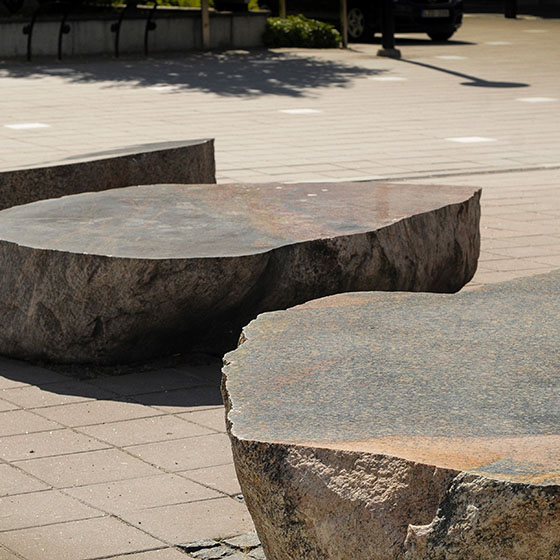
Voices of participants
Iryna Pinich - Participant from Södertörn University
Before the workshop, I had a two-partite vision of the perspective collaboration. Firstly, it was a great opportunity for me to test the topicality of my current study. Secondly, I could learn more about the methodology and findings in the fields of sociology and media studies which could prove beneficial for my research.
The array of topics and the range of fields of studies were far beyond my expectations. Together with the other participants I also recognized the value of such multidisciplinary scientific gatherings for the sake of extending our research horizons.
The best part of the workshop was the favourable atmosphere during the meetings, the support of the workshop organizers, and the inspiring talks that managed to ignite the interest in other topics which earlier seemed to be on the periphery of my research avenue.
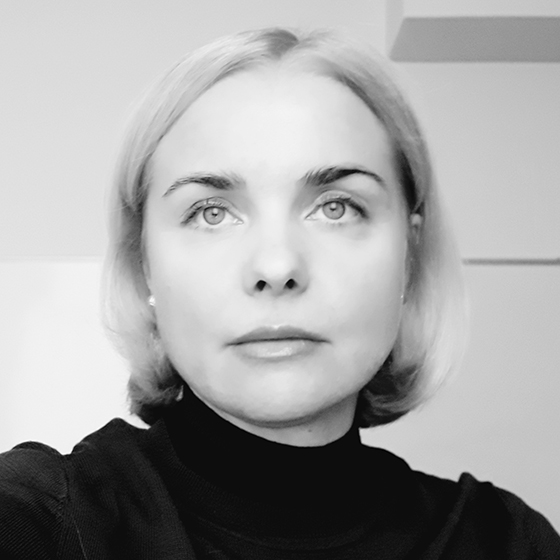
Pawel Kropinski - Participant from Poznan University of Economics and Business
I came to the workshop with the expectations to network with other PhD students and exchange ideas. I was curious to see what current trends that PhD students focus on and to engage in meaningful debate.
The discussions were the best part of the workshop, however limited only to panellists. This allowed exchange of ideas between participants.
It was a great opportunity to explain my research to colleagues from other disciplines, so I learned how to adjust communication to get wider scope of feedback.
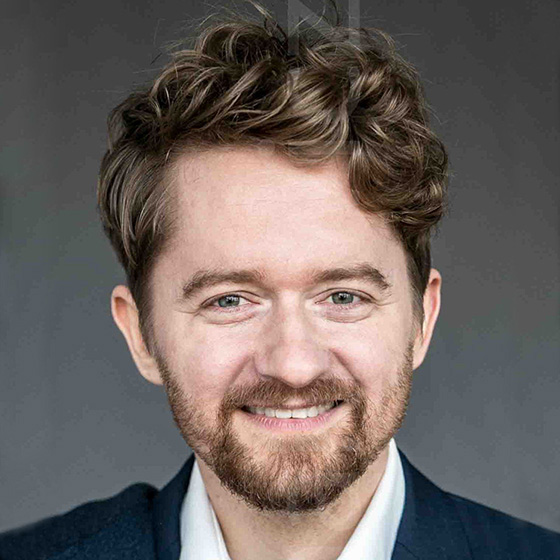
Victoria Colesnic - Participant from Södertörn University
Before the workshop I expected to learn about other students’ projects, as well as to present and receive feedback on my own research proposal. After two productive days full of networking and peer-to-peer learning, I can gladly say that all my expectations were fulfilled and surpassed!
In my opinion, the best part of the workshop was the network of doctoral students created after the event. Afterwards I immediately benefited from the connections I made during the workshop when I, thanks to another workshop participant, got in contact with a guest that I invited to my lecture on ethics in conflict journalism. I also appreciated the fact that there were participants from various disciplines, from architecture and sociology to psychology and biology. I think this diversity led to many rich, cross-disciplinary conversations.From the workshop, I will take away multiple valuable connections, my colleagues’ enthusiasm, and, hopefully, possible future collaborations!
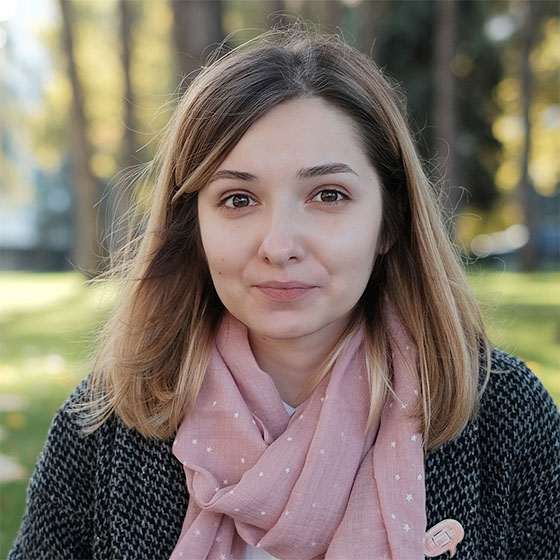
Drawings from the event
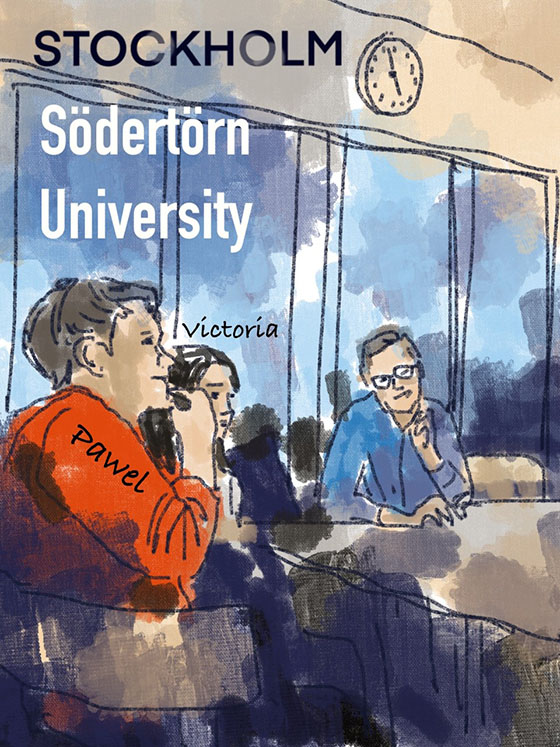
Drawing of the event made by Olena Ronzhes.
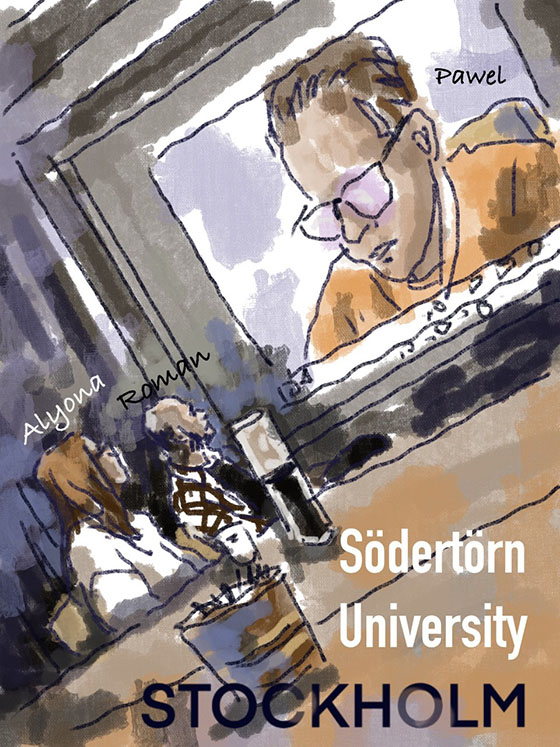
Drawing of the event made by Olena Ronzhes.
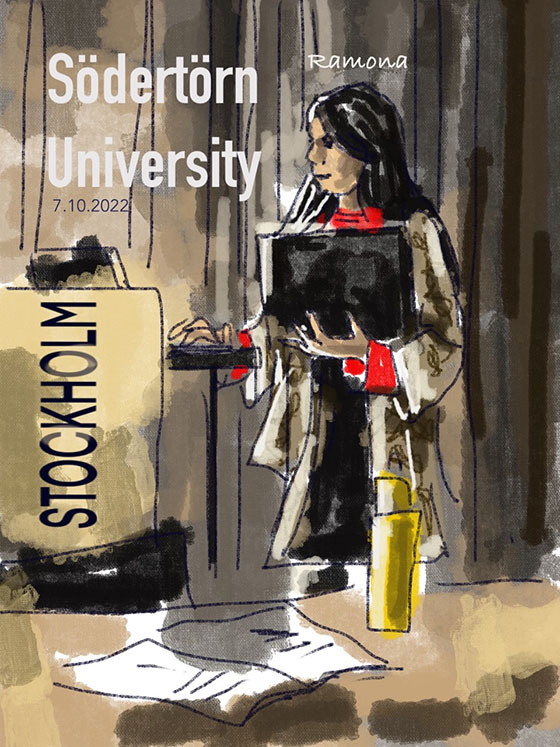
Drawing of the event made by Olena Ronzhes.
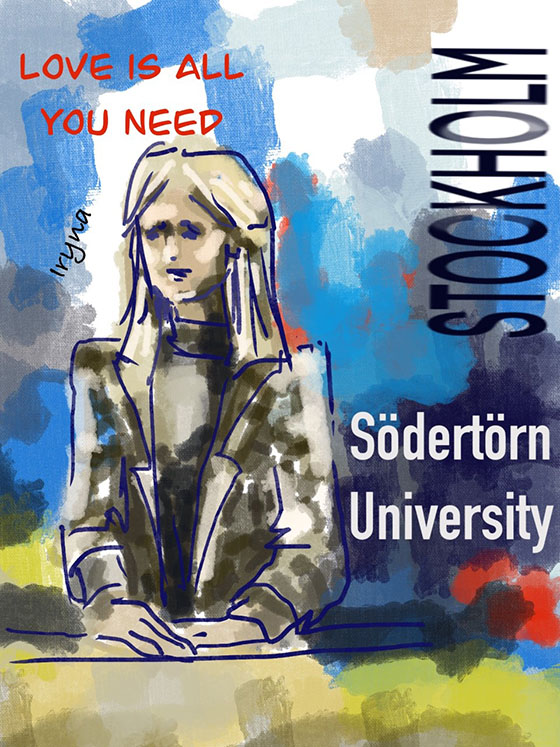
Drawing of the event made by Olena Ronzhes.
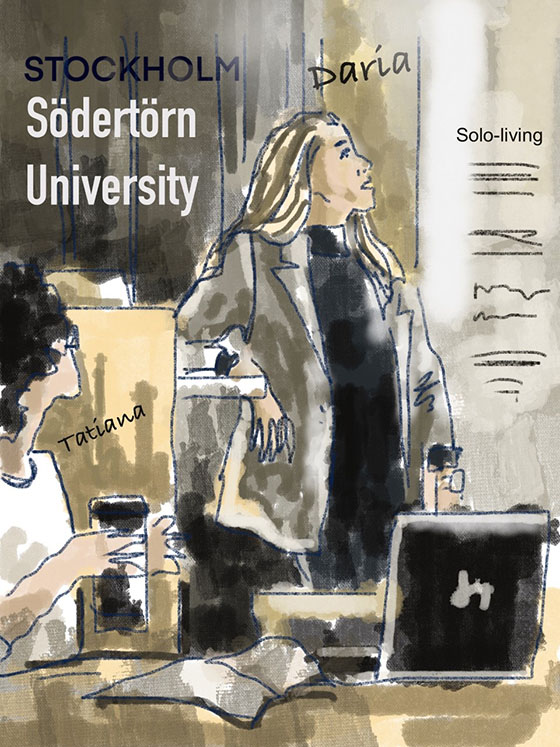
Drawing of the event made by Olena Ronzhes.
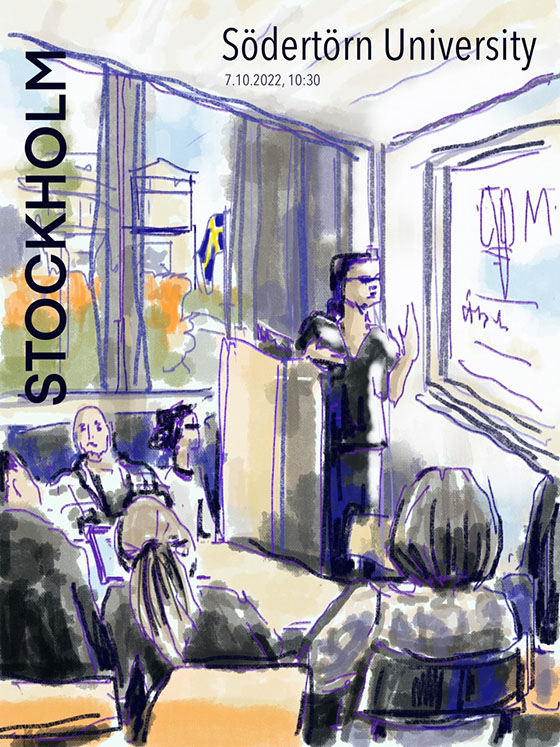
Drawing of the event made by Olena Ronzhes.
